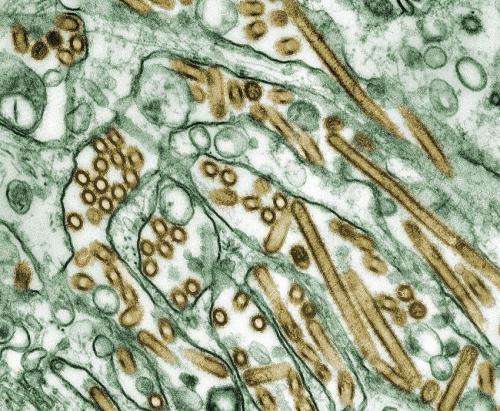Recovery Outcomes for Older Patients After Mechanical Ventilation Are Influenced by Care Needs

This study explores how care needs influence recovery outcomes in older adults after mechanical ventilation, highlighting key factors for prognosis and long-term care planning.
A recent study published in BMC Geriatrics has shed light on the recovery prospects of elderly patients following invasive mechanical ventilation. Analyzing health and long-term care insurance data from Tsukuba City between April 2014 and March 2019, researchers investigated the extent to which older adults, aged 65 and above, could be weaned off ventilation and discharged from hospitals.
The study included 272 patients who had undergone tracheal intubation and mechanical ventilation, excluding those who received ventilation for surgical reasons or died within three days of intubation. Findings revealed that approximately 73.5% of these patients were successfully weaned from the ventilator within six months. Additionally, around 42.6% were discharged from the hospital during this period. Conversely, 37.5% of patients succumbed within six months, and nearly 20% remained hospitalized beyond this timeframe.
An important observation was that patients with higher care needs—specifically those classified as care level 3 or above—tended to experience longer hospital stays, although there were no notable differences in ventilation or hospitalization durations based on age alone. This indicates that care level at admission is a significant factor in recovery duration.
The findings highlight the importance of comprehensive discussions about long-term care and treatment expectations for older patients requiring mechanical ventilation. While many seniors can be successfully weaned and discharged, those with substantial care needs face a higher risk of prolonged hospitalization and potential physical decline. Healthcare providers and families should consider these factors when planning treatment strategies and setting realistic recovery goals.
Source: [https://medicalxpress.com/news/2025-06-older-patients-recovery-mechanical-ventilation.html]
Stay Updated with Mia's Feed
Get the latest health & wellness insights delivered straight to your inbox.
Related Articles
Discovery of Two Proteins That Could Enable Safer Cancer Therapies
Researchers identify two proteins, MLF2 and RBM15, that regulate chromatin remodeling, paving the way for less toxic and more effective cancer treatments. Discover how gene regulation impacts cancer development and future therapies.
Potential of Anti-Malarial Drugs in Promoting Weight Loss: New Research Findings
Research reveals that anti-malarial drugs like halofuginone may help promote weight loss by regulating appetite and energy metabolism through GDF15 and FGF21 pathways. This innovative approach, rooted in traditional Chinese medicine, offers promising new options for obesity treatment.
Child Hospitalized as Bird Flu Cases Rise in Cambodia
A child in Cambodia is hospitalized amid a surge in H5N1 bird flu cases, highlighting ongoing risks of avian influenza transmission and the importance of vigilant disease surveillance.
Study Finds Lack of Strong Evidence Supporting Alternative Treatments for Autism
A large-scale review reveals no strong evidence supporting the effectiveness of alternative treatments for autism, highlighting the importance of relying on high-quality research for safety and efficacy assessments.



